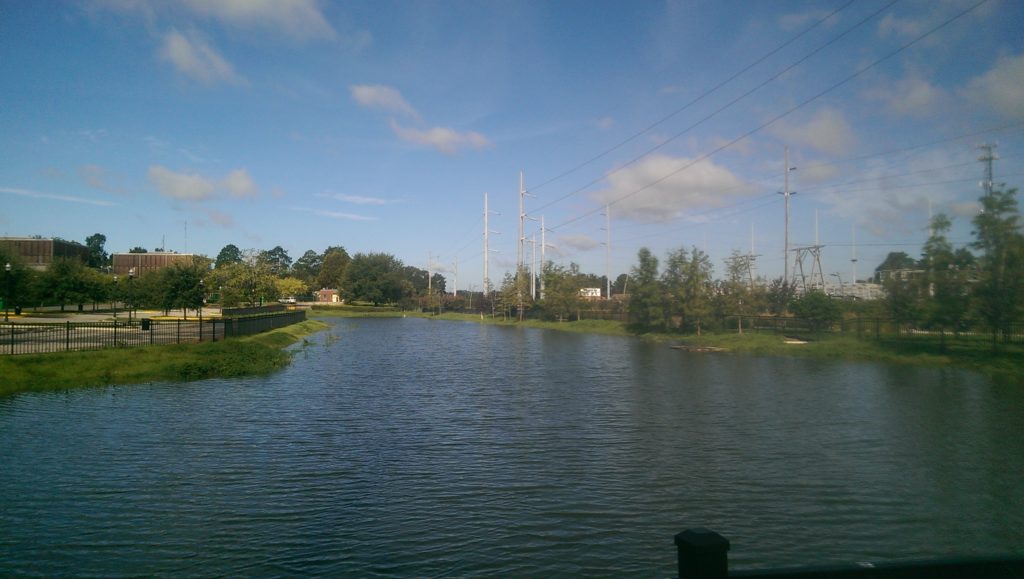Tallahassee’s drinking water will likely remain clean, according to health officials, after a major contamination in one of Florida’s main underground sources of drinking water.
Tallahassee is one of the many cities that rely on the Floridian Aquifer System for groundwater which is located in central Florida.
In August, a sinkhole opened up beneath the aquifer, causing millions of gallons of contaminated wastewater to spill into it. Since the initial spill, the Florida Department of Health has been working to close the hole. They have not yet been successful.
However, according to Christopher Tittel, a Florida Department of Health spokesman, it is unlikely that Tallahassee’s water will be affected.
“The contaminated water would have to run uphill,” Tittel said regarding the unlikelihood that the contaminated water would be able to travel up the state of Florida to the panhandle. “We won’t be affected.”
Tittel is assuring that the water would have to travel north to reach Tallahassee. It is unlikely that the contaminated water would make the incline.
The Floridian aquifer provides water to all of Florida and some parts of Georgia, Alabama and South Carolina.
Aquifers are underground storage houses of groundwater and supplies drinking water to 51 percent of the U. S population, according to The Groundwater Foundation, an organization dedicated to educating the public about groundwater and ensuring clean groundwater for future generations.
Mosaic, a phosphate company and owner of the phosphate storage pond, discovered in August that a sinkhole 45-feet in diameter opened up beneath a pile of waste material called a “gypsum stack.” Their 215-million-gallon storage pond sits on top of the pile.
When the sinkhole formed, the storage pond water mixed with the waste material and began seeping underground into the Floridian Aquifer System.
Mosaic was criticized for not notifying the public about the sinkhole immediately. The public was not notified of the sinkhole until WFLA broke the story a month after the company found out about the hole.
Since the public was notified, Mosaic and the Florida Department of Environmental Protection (DEP) have been monitoring the hole.
“The department is providing daily updates of the status of drinking water,” Dee Ann Miller, a spokesperson from the Florida DEP, said.
The latest update says that Mosaic and the DEP are testing the water daily. Tests earlier in the month showed no contamination, however the results of the latest tests are still “forthcoming.”
Drinking water with phosphate can have health effects.
According to the U. S Environmental Protection Agency (EPA), there are small levels of phosphate in drinking water, but increased levels of phosphate may adversely affect the processes of drinking water treatment plants. The Food and Drug Administration (FDA) also warns about the toxicology of inorganic phosphates as food ingredients.
However, according to David Jellerson, Mosaic’s senior director for environmental and phosphate projects, there should not be any effects on any of Florida’s drinking water any time soon.
“Groundwater moves very slowly,” Jellerson told ABC News. “There’s absolutely nobody at risk.”
Groundwater can move anywhere from one foot per day to one foot per century, according to the U.S Geological Survey. The flow rate depends on the amount of permeable material in the aquifer. If the water can easily travel through the material, the water will flow faster. If the material is not easily penetrable, the water will flow slower.
The Florida Department of Environmental Protection has been on-site with Mosaic daily to fix the problem and ensure the safety of Floridians.
Florida residents are encouraged to sign up for daily updates on the situation by going to the Florida Department of Environmental Protection’s website.















